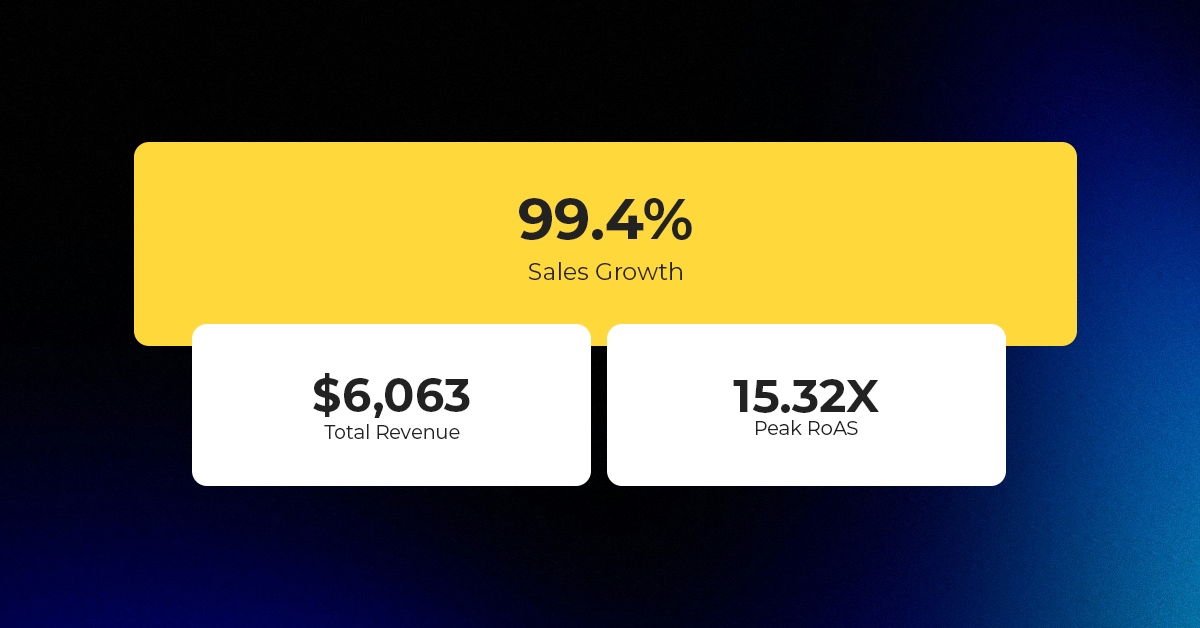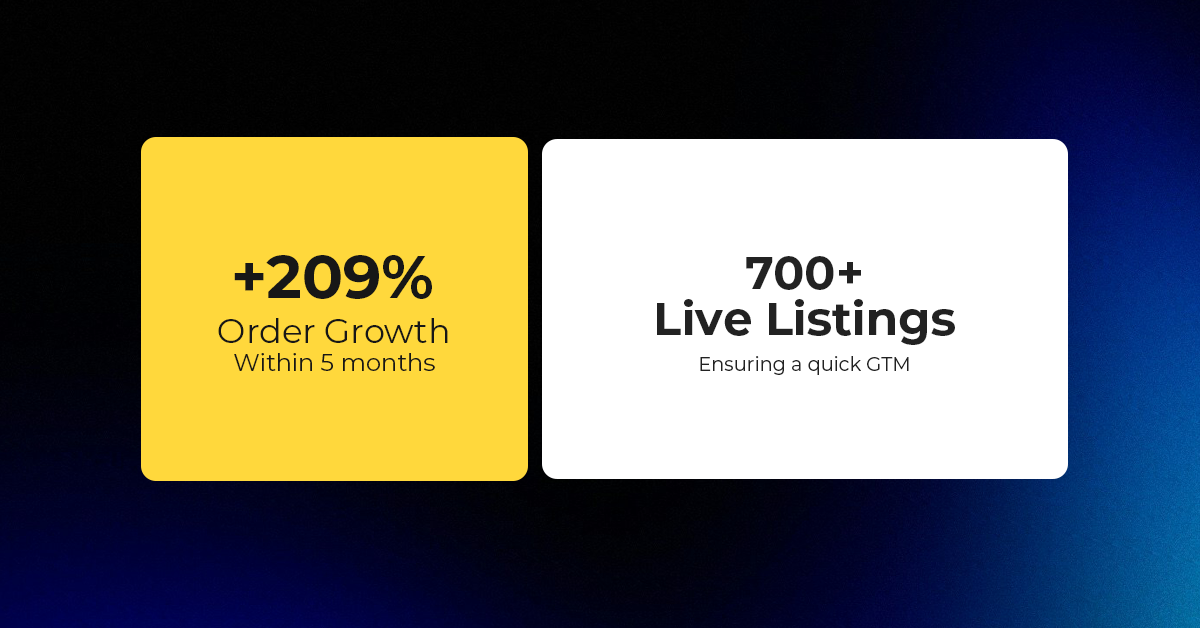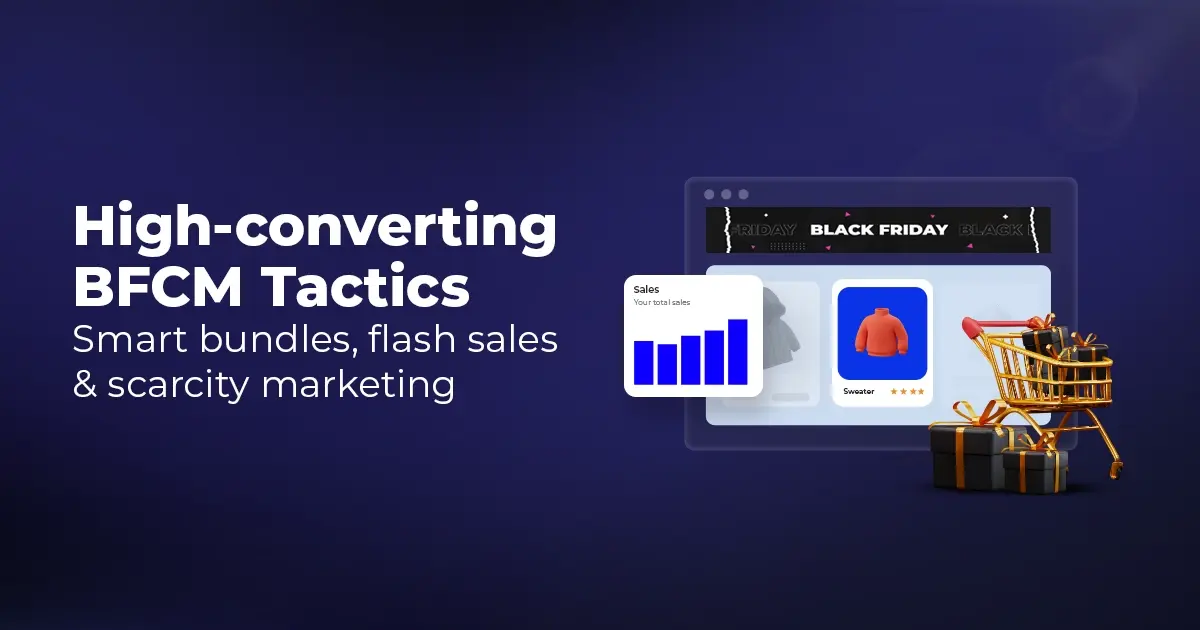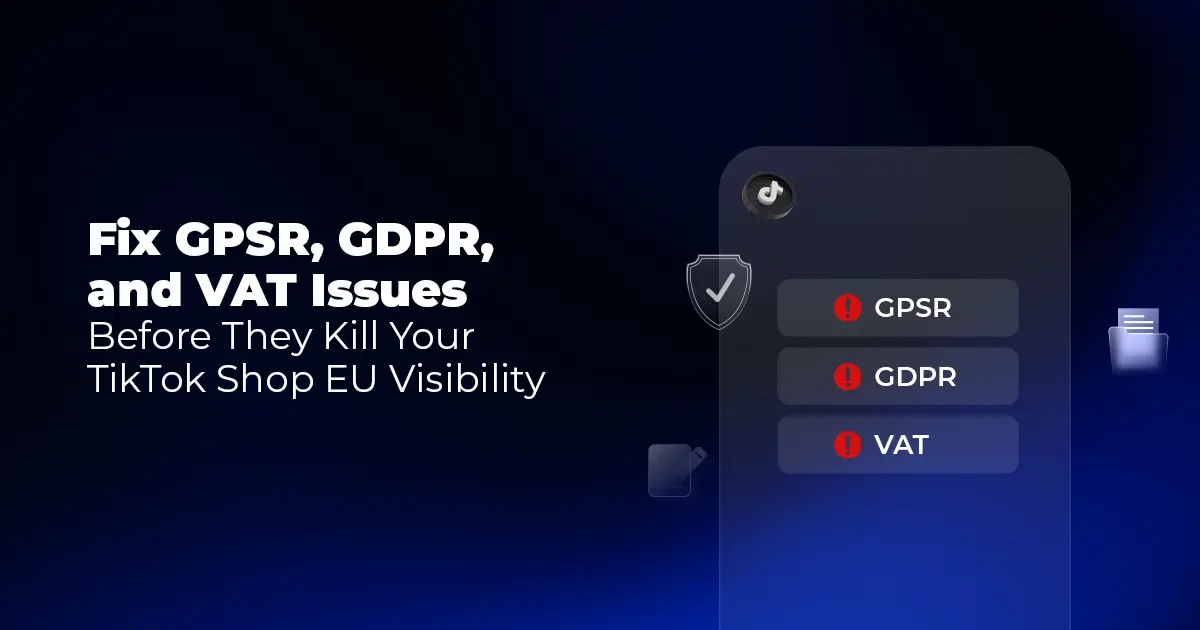Summary
The EU’s Data Act (Regulation (EU) 2023/2854) is now legally effective as of 12 September 2025.[1] It aims to give users and businesses greater access, control, and sharing rights over data generated by “connected products” and related services, reduce vendor lock-in, enforce fair, transparent contracts, and open up competition in data markets.[2]
Key obligations cover manufacturers of IoT / connected devices, providers of digital or cloud / data-processing services (SaaS, PaaS, IaaS), and any firm that handles device-generated data. Importantly, the law has extraterritorial reach: even companies outside the EU must comply when their products or services are used in the EU.[3]
Seller Impact Analysis (for marketplace sellers in the EU)
| Area | What Changes / Effects Might Be | Implications for Sellers |
|---|---|---|
| Data Access | Sellers may get access to more granular data generated by their products and sales (usage, returns, performance metrics) that marketplaces or manufacturers had previously held back.[2] | Sellers can make better decisions (inventory, pricing, marketing) because they’re less “blind” to what’s happening behind the scenes. |
| Fairer Contracts / Terms | New rules prohibit unfair contract terms in B2B data-sharing situations, impose “FRAND” (Fair, Reasonable, And Non-Discriminatory) terms in many cases. Large marketplaces can’t force overly one-sided terms. [4] | Sellers may be able to negotiate better terms around data sharing, avoid clauses that lock them in or limit their usage of their own data. |
| Switching Tools / Services | Sellers (or their tools) will benefit from the Data Act’s requirements for portability / switching of data processing services (e.g. moving from one analytics or SaaS tool to another) without prohibitive cost or technical barriers. [3] | Tools & platforms used by sellers (analytics, fulfilment, cloud services) need to support easier export / migration of data. Sellers should prefer providers that comply well. |
| Costs & Compliance | Although many obligations fall on marketplaces, data holders, manufacturers, etc., sellers may face indirect costs: needing to ask for data, managing data usage, ensuring third-party tools comply, possible delays or restructured marketplace policies. [1] | Sellers should prepare for slightly more administrative or technical work. Might need to monitor changes in marketplace dashboards, contracts, reporting formats. |
| Competitive Advantage for Proactive Sellers | Sellers who adapt early — demand data, use it, integrate with third-party tools, optimize based on insights — can gain advantage over those who stay with less visibility. | Early movers stand to improve product listings, customer experiences, fulfilment, marketing. Sellers who ignore changes risk being out-competed or surprised by contract changes. |
Key Dates & Points
| Date | What Happens / Became Effective | Specific Notes for Sellers |
|---|---|---|
| 11 January 2024 | The Data Act entered into force (legally adopted).[2] | Mostly legal adoption; many obligations not yet active. |
| 12 September 2025 | General applicability starts — many of the core obligations come into force. [1] | Sellers should by this date expect that marketplaces will begin enabling rights and providing data access/features required by the Act. |
| 12 September 2026 | “Data-accessibility by design” obligations start to apply to new connected products or services placed on the market. [5] | Sellers dealing in smart or connected product lines (own brand or via OEM) should ensure future products comply. If you sell smart devices / IoT gear, check manufacturing or supplier side. |
| Other Key Provisions | • Switching requirements: data processing / cloud / SaaS providers must remove barriers, support exit / porting of data. [6] • Prohibition of unfair contractual clauses ‒ FRAND standard etc. [4] Sellers should review their contracts with marketplaces / SaaS tools etc. around data access and sharing. |
|
To-Dos for Sellers in the EU
- Review current contracts / marketplace terms
- Check what data you currently get (reports, dashboards etc.).
- Look for clauses limiting your data access or usage.
- Map your data usage & third-party tools
- Identify which tools you use (analytics, ads, fulfilment, etc.) and whether they support importing/exporting data.
- Know what data you need to run your business (customer info, order history, returns, usage, etc.).
- Request more data where needed
- Use your rights under the Act to ask marketplaces for detailed data (if not already given).
- If a third party (tool) is involved, check whether they are data holders or intermediaries under the Act.
- Prefer compliant tools & service providers
- In selecting software / analytic platforms, check whether they are Data Act-aware (support portability, fair contracts, transparency).
- If possible, choose those that have already adapted, or provide good roadmaps.
- Monitor marketplace updates & policies
- Marketplaces will have to update their policies, dashboards, features to comply.
- Sellers should keep an eye out for announcements or new requirements.
- Ensure data privacy / GDPR alignment
- Even though Data Act gives more data rights, personal data sharing is still governed by GDPR etc.
- Make sure any data use follows privacy laws.
CedCommerce POV
For marketplace sellers, the EU Data Act opens up fresh opportunities. With greater access to their own sales and product data, sellers will be able to:
- Make sharper, data-driven decisions on pricing, inventory, and marketing.
- Compete on a more level playing field with large brands and marketplace private labels.
- Integrate data into third-party tools for better analytics and automation.
- Rely on more transparent, fair terms when working with marketplaces and service providers.
Bottom line: Sellers should look forward to being less “data blind” and more empowered to scale their businesses in the EU market.
FAQs
Q1. What is the EU Data Act?
It’s a new European law (active from September 2025) that gives businesses and consumers more rights over the data their digital products and online sales generate.
Q2. Why should marketplace sellers care?
Because marketplaces (Amazon, eBay, Etsy, Walmart, etc.) collect massive amounts of sales, customer, and product data. Until now, sellers had limited access to it. The Data Act changes that balance in your favor.
Q3. What will change for me as a seller?
- More access to data: You’ll be able to get deeper insights into orders, product performance, and even customer interactions that marketplaces previously restricted.
- Fairer competition: Marketplaces can’t misuse your data to boost their private-label products against you.
- Better portability: If you move to another tool or service, you can carry your data with you more easily.
- Transparency: Marketplaces must clearly explain how your data is being used.
Q4. Will I need to do anything?
Mostly, marketplaces will handle the heavy compliance work. But you might see:
- Updated marketplace terms of service.
- New options to request/download your data.
- Clearer consent screens for sharing customer information with apps or third parties.
Q5. Bottom line — good or bad for sellers?
Overall: Good.
- You’ll have more control and visibility.
- Compliance may add small admin steps, but the benefits outweigh them.
Sources
-
- Orrick — The EU Data Act is in Force: What Should Businesses Do?
- Skadden — EU Data Act Overview
- McCarthy Law Group — EU Data Act Summary
- (FRAND / unfair terms explainer) — If you prefer, replace with your chosen authoritative source (e.g., 2B Advice or EU Commission guidance) and link here.
- Lexology — Data accessibility by design timing
- Latham & Watkins — Switching requirements for data processing services

















